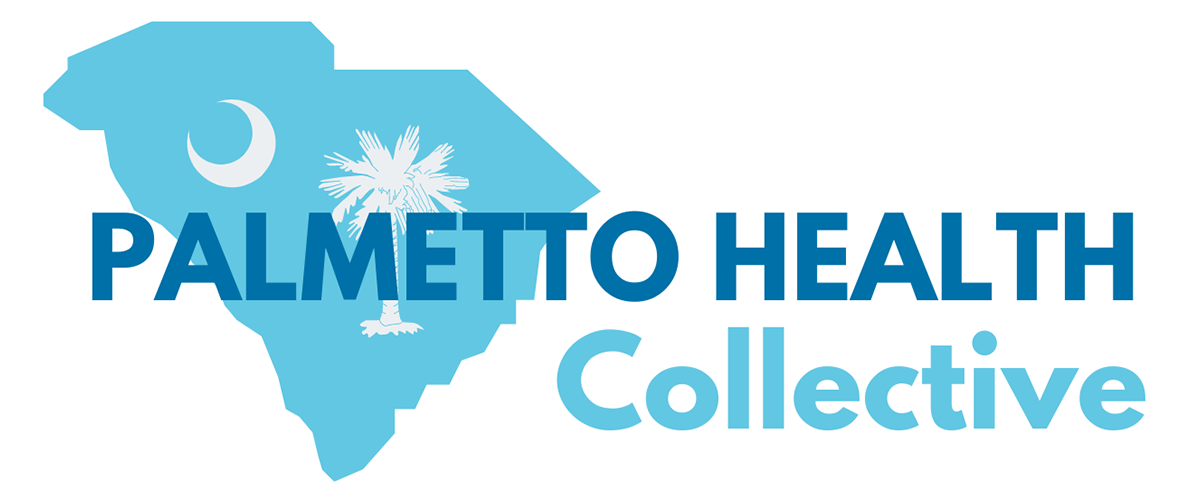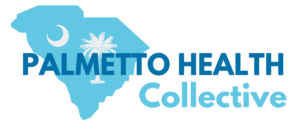Greenville News: Your Turn
Sue Martin and Rhonda Young
Guest columnists
Some South Carolina patients are being forced to choose between affording health care or putting food on the table.
Many patients, especially those living with rare, complex, or chronic diseases, rely upon third-party financial assistance to pay for medications to maintain their health and manage symptoms.
However, South Carolina health insurers are blocking this financial assistance from counting toward a patient’s deductible or out-of-pocket costs. Under this practice, patients are unaware their deductible is not being met, and thus may be unable to afford their care. It is up to South Carolina legislators to protect patients and ensure South Carolinians can access the medications they need.
Many patients rely on copay assistance programs in the form of coupon cards to afford high-cost medications to manage their health. These discount programs help patients afford their care and provide a critical lifeline for those with rare, chronic, and complex conditions, many of whom do not have access to generic alternatives to treat their medical conditions. More than 99% of copay assistance programs are used for conditions with no generic treatment equivalent.
However, some South Carolina insurance companies are increasing their use of ‘copay accumulator programs,’ through which companies can refuse to apply the value of payments made through copay assistance programs to a patient’s annual deductible. Insurance companies will use the copayment assistance funds until the coupon card has met the full contracted maximum deductible and then will reset the patient deductible back to zero. Unaware of the reset, patients may show up at a pharmacy counter and are confronted with their full deductible to meet before their medication can be accessed.
Copay accumulators increase health care costs and allow health insurers to improve their bottom lines at the expense of patients. Copay assistance can come from drug manufacturers, charities, churches, or other third parties, and is critical for many patients. For many families living in our state with high-cost treatment medications, financial assistance is the only way to afford the out-of-pocket costs needed to stay healthy. Yet, four out of five marketplace insurance plans in South Carolina have copay accumulator policies.
Studies indicate that more than two of every three Americans abandon prescription medication when their out-of-pocket costs reach $250. When a patient’s share of prescription costs becomes too high, it increases the likelihood of skipping or abandoning treatments, leading to even higher medical costs down the road through increased emergency room visits or long-term health issues.
Today, patients with blood disorders ranging from hemophilia to sickle cell can live normal and successful lives as long as they can access their medications. As deductibles and out-of-pocket costs continue to rise, South Carolina families should not be punished for using copay assistance programs to help them afford treatments they need.
Luckily, South Carolina lawmakers in Columbia are considering H3618, which would ban the use of copay accumulator programs and allow patients the use of copay assistance programs to count toward their out-of-pocket costs.
Additionally, at the federal level, Congress is considering similar legislation that would protect millions of Americans living with chronic conditions through the bipartisan HELP Copays Act H.R. 830 , introduced by Rep. Buddy Carter and Rep. Nanette Barragán. This legislation would ban policies that allow pharmacy benefit managers to siphon away co-pay assistance funds from patients, providing much-needed relief. The HELP Copays Act has the potential to make a difference nationally, but our state lawmakers should join the 20 states, including Georgia, North Carolina, Virginia, Tennessee, and Texas, that have already passed similar legislation to count any copay assistance toward a patient’s deductible or out-of-pocket costs and protect patients from these predatory tactics.
South Carolina insurance companies should not be allowed to block copay assistance from counting towards a patient’s deductible, especially for those living with chronic conditions. H3618 and the HELP Copays Act are critical for helping individuals access essential and lifesaving medical care for those we advocate for within the Bleeding Disorder Association of South Carolina, the L.D. Barksdale Sickle Cell Anemia Foundation, and the many others living with chronic and rare health conditions in South Carolina.
We urge South Carolina legislators to pass H3618 and to support HELP Copays Act to ensure that all copayments made toward a patient’s deductible or out-of-pocket costs are accepted. It is time to make all copays count in the Palmetto State.



